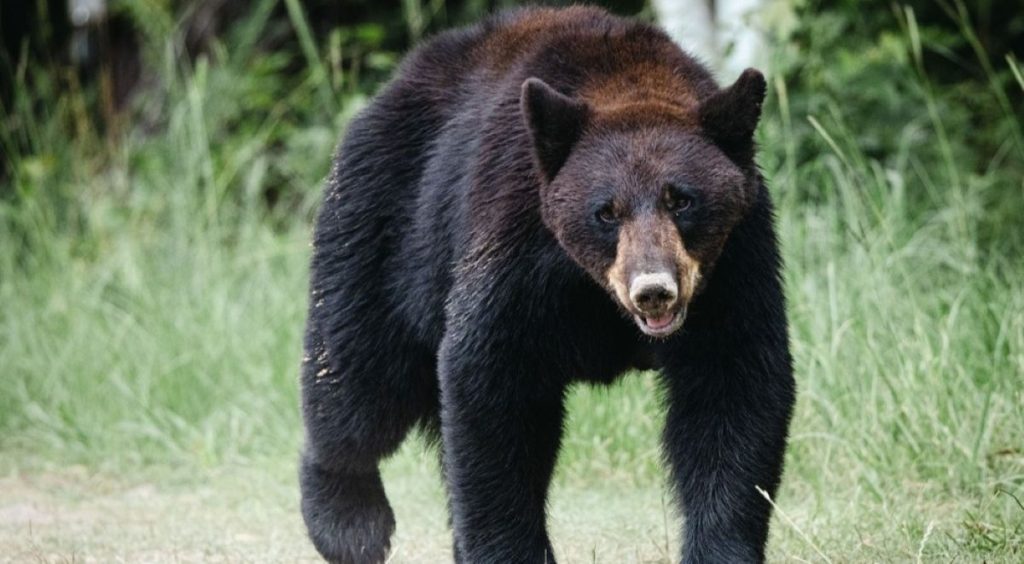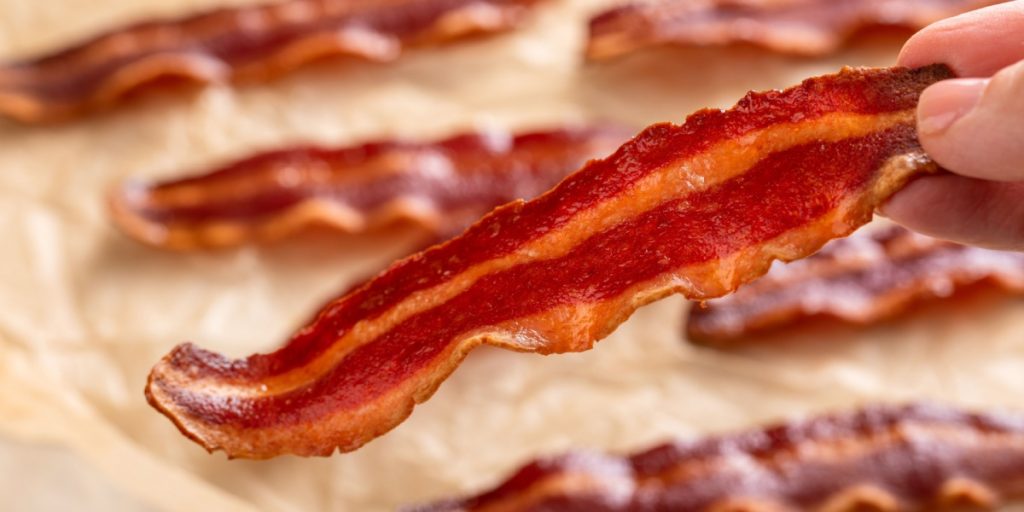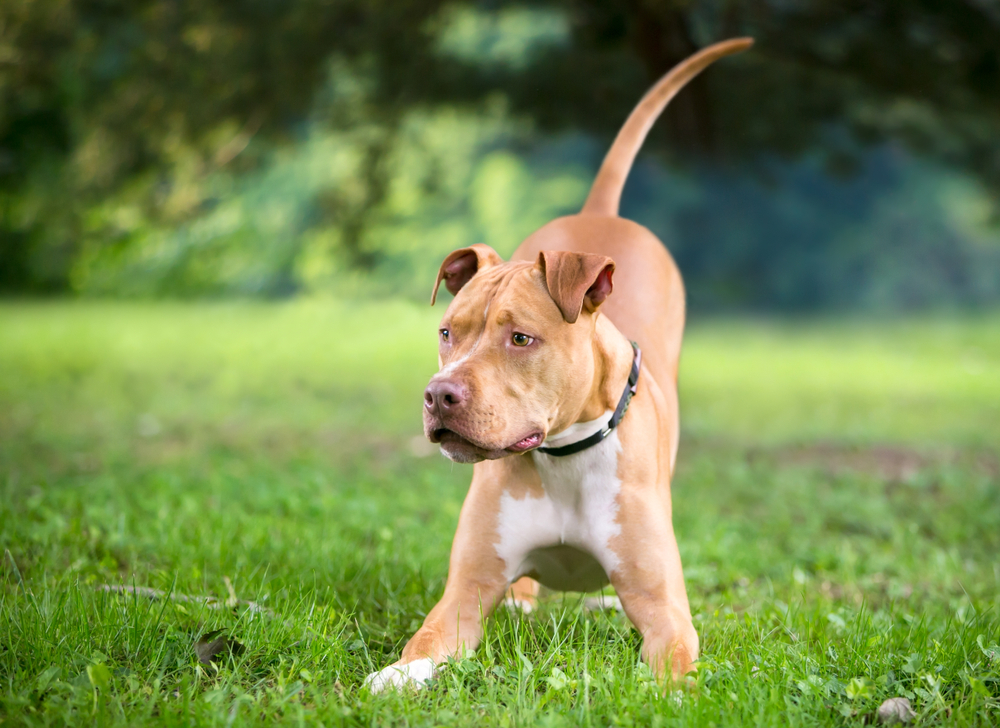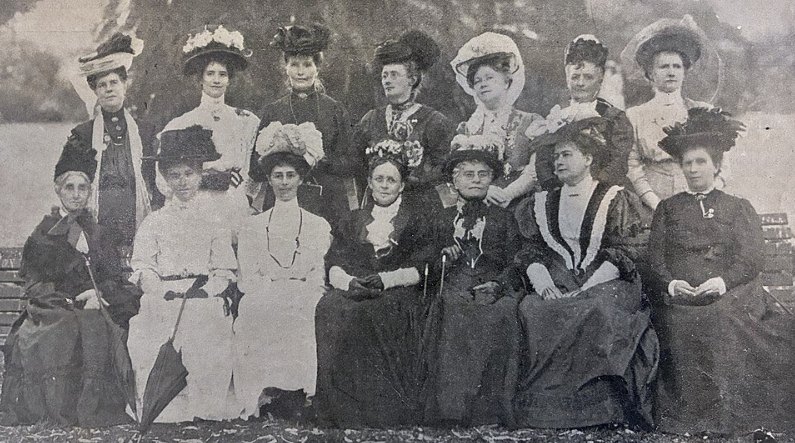Language evolves constantly, and the Victorians were no exception when it came to slang. Between 1837 and 1901, Brits had their own unique and often amusing ways of expressing everything from romance to rain.
Others are reading now
Language evolves constantly, and the Victorians were no exception when it came to slang. Between 1837 and 1901, Brits had their own unique and often amusing ways of expressing everything from romance to rain.
‘Coffee Sisters’ – Gossiping Over a Brew

Far more than just caffeine enthusiasts, “coffee sisters” referred to groups of women who frequently met up to chat, swap stories, and enjoy a bit of gossip.
‘Doing the Bear’ – A Hug with Romantic Intent

This charming phrase was Victorian slang for a cuddly form of courtship. To “do the bear” meant to embrace someone affectionately hugging as a romantic gesture, which was slightly risqué for the time.
It was as close as some couples got before marriage!
Also read
‘Got the Morbs’ – Feeling Down in the Dumps

If someone said they’d “got the morbs,” they weren’t dealing with a disease, it simply meant they were feeling sad or melancholic.
The Victorians had a poetic way of describing emotional lows, and this phrase captured those fleeting moments of gloom.
‘Skilamink’ – The Sly Trickster

A “skilamink” was someone who couldn’t be trusted, a cheat, swindler, or someone who played dirty tricks.
It was often used for dishonest gamblers or people known for sneaky behaviour. Basically, the kind of person you’d avoid at the card table.
‘Butter Upon Bacon’ – Too Much of a Good Thing

This wonderfully vivid expression described someone who was going overboard, piling luxury on top of excess.
Much like saying “gilding the lily,” “butter upon bacon” mocked those who laid it on a little too thick, whether with flattery or fashion.
‘It’s Champagne Weather’ – Rain, but Make It Ironic

Despite the bubbly reference, this sarcastic phrase was actually used to describe miserable, wet weather. It is believed to have originated in the 1860s as a tongue-in-cheek way of coping with British rainstorms.
‘Don’t Sell Me a Dog’ – No Lies, Please

This expression warned against being duped. Saying “don’t sell me a dog” was a Victorian way of saying “don’t lie to me,”
inspired by shady pet sellers who tried to pass off mongrels as purebreds. A clever, canine-infused callout to dishonesty.
The Colourful Origins of Victorian Slang

Victorian slang was a vibrant mix drawn from Cockney rhyming slang, sailors’ jargon, tavern talk, and even popular novels.
As society changed and language modernised, many Victorian idioms lost their place in everyday conversation. But their charm endures in literature and pop culture, offering a glimpse into how 19th-century Brits saw and spoke about their world.

